The menopause is one of the most important changes in a woman’s life, a time to re-evaluate and enter a new phase of maturity, wisdom and success. It’s a time to reassess health and nutrition to minimise anxieties. We can even start to revise any outdated beliefs and habits by improving diet and lifestyle, and begin to focus on the deeper issues of life.
Sometimes changes in one’s marital relationship, children growing up and leaving home, caring for ailing parents or employment-related issues may coincide with hormonal changes. And if, previously, a woman had been living an unhealthy lifestyle or had a poor diet and hadn’t developed major health problems, she wouldn’t be able to carry on the same during and after menopause. That’s why it’s so important to reassess your health and nutrition today to minimise any potential problems or imbalances that may have been suppressed or left unnoticed.
Menopause is not a sign of becoming overwhelmed or the body becoming useless, it simply prevents a woman from conceiving any more children. It could also be a time when you could develop and mature new, formerly untapped skills and capabilities.
If you have been lucky enough to understand the effect food has on hormones and follow a healthy diet, you will most likely have the least extreme symptoms throughout menopause. However, stress alone can greatly affect the endocrine system. This controls blood sugar levels and affects mood, energy levels, calcium balance, weight and sex hormones.
Too much alcohol, coffee, nicotine, sugar, chocolate, soft drinks, sport drinks and foods containing artificial sweeteners like aspartame may interfere with hormone production and are also sufficient to trigger symptoms. Smoking is known to accelerate the destruction of oestrogen too. A plant-based diet has been proven to decrease menopausal hot flushes – that’s why lots of doctors give soy tablets to normalise oestrogen levels. If you’re suffering, focus on your diet. In just a few months you will feel an improvement. And try and embrace this time, it does bring a lot of freedom too.








